Oleksandr Mykhed and his wife live in the town of Hostomel, Ukraine, a place that the vast majority of us had never heard of before last week. When Russian troops sought to capture the airport on the outskirts of the town, however, the ensuing battle for control of the airfield quickly became breaking news across the globe, with images and videos of the battle and its aftermath widely shared across social media.
In a new op-ed published at the Financial Times, Mykhed tries to describe what its like to watch your quiet neighborhood turn into a battlefield, and to be confronted with the inescapable truth that running away isn’t an option.
On the second day of the war, I started to receive messages from my neighbours that a group of armed Russians were breaking into our homes. They were bringing people out of their houses, pointing guns to their heads, forcing them on to their knees, then making them leave.
The forest close to our house is a special place. A few years ago, a group of neighbours, including my wife and I, were fighting against an illegal redevelopment of the forest zone. We lost that battle against the local “little tsar” and his bought-for-money “sportsmen”, known as titushkas.
Russian occupants took up positions behind this development, a supermarket, in this very forest. But there is one thing they did not comprehend: it doesn’t matter how much Ukrainians “chubytysia”, or quarrel, among themselves (the word “chubytysia” literally means “to pull the hair of the other cossack”) — in the face of the enemy we are one. Whether an activist who is protecting the forest or a titushka who is propping up the “little tsar”, we will confront the enemy together. Just as we did hundreds of years ago.
If politics makes for strange bedfellows, wars can do the same. The “titushkas” that Myked refers to are basically hired muscle who, under previous administrations, often targeted pro-democracy demonstrators. Now, with the country under siege, the fight for survival appears to be unifying the nation rather than breaking it apart.
Mykhed, who’s a writer and art curator by trade, was hoping to spend this spring penning his first play. Instead, he’s preparing to defend his nation’s independence and his own individual freedom with a gun.
I have never written political essays. I generally find texts like these too temporal, too full of hot air and pathos. Not enough nuance. But right now I want to anchor this moment in time and place. The moment when the whole country is one entity. And the only language that can be spoken by a Ukrainian writer and every Ukrainian is the language of war.
The play that I wanted to write about “Anxiety” in premonition of war should have had a refrain: The Four Primary Rules of Firearm Safety, echoing what is being taught during the first lesson of handling firearms. I’d never held a gun in my hands till February 2022. My wife and I had several hours of training just to figure out what to do with it. Just in case. And now I regret like hell that I didn’t do that training before.
Mykhed surely isn’t alone in feeling that way. There must be hundreds of thousands of Ukrainians who wish that they’d had some hands-on experience with firearms long before the tanks and troops started rolling across the border.
We can’t control those outside forces that may prove to be a threat to our lives and safety, whether we’re talking about a ruthless authoritarian in charge of a nuclear power or a stranger trying to break through your bedroom window in the middle of the night. What is under our control is how we choose to prepare ourselves for the potential dangers and threats lurking in our midst, and it’s never too late to become comfortable and competent with a firearm… even if, like Oleksandr Mykhed, you may wish you’d started earlier.
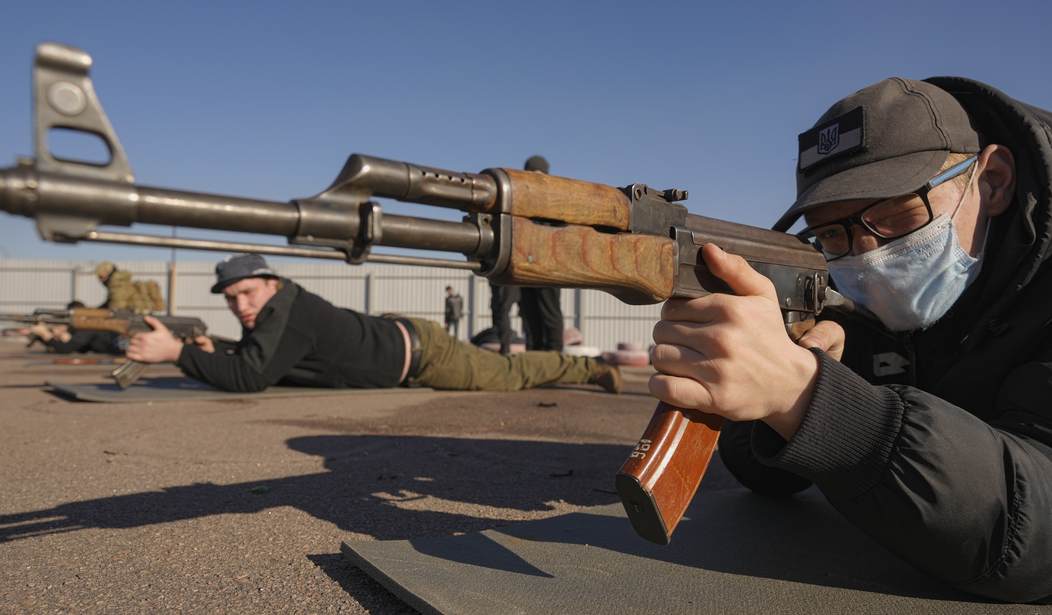

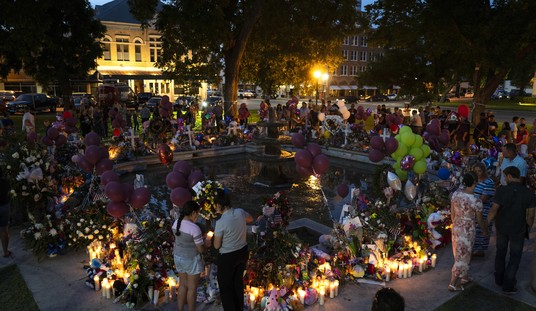

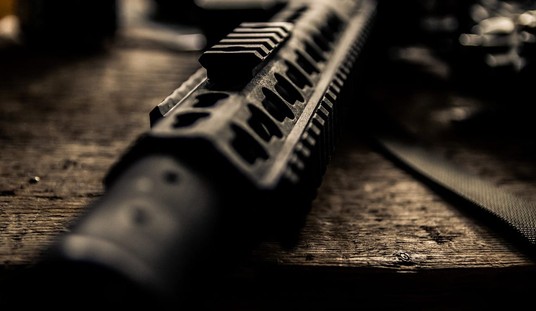
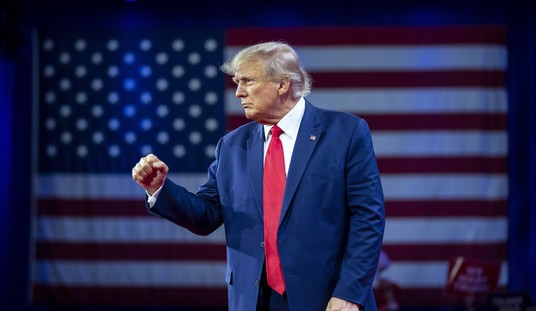

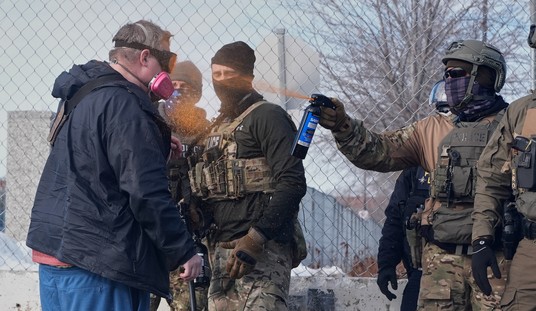

Join the conversation as a VIP Member